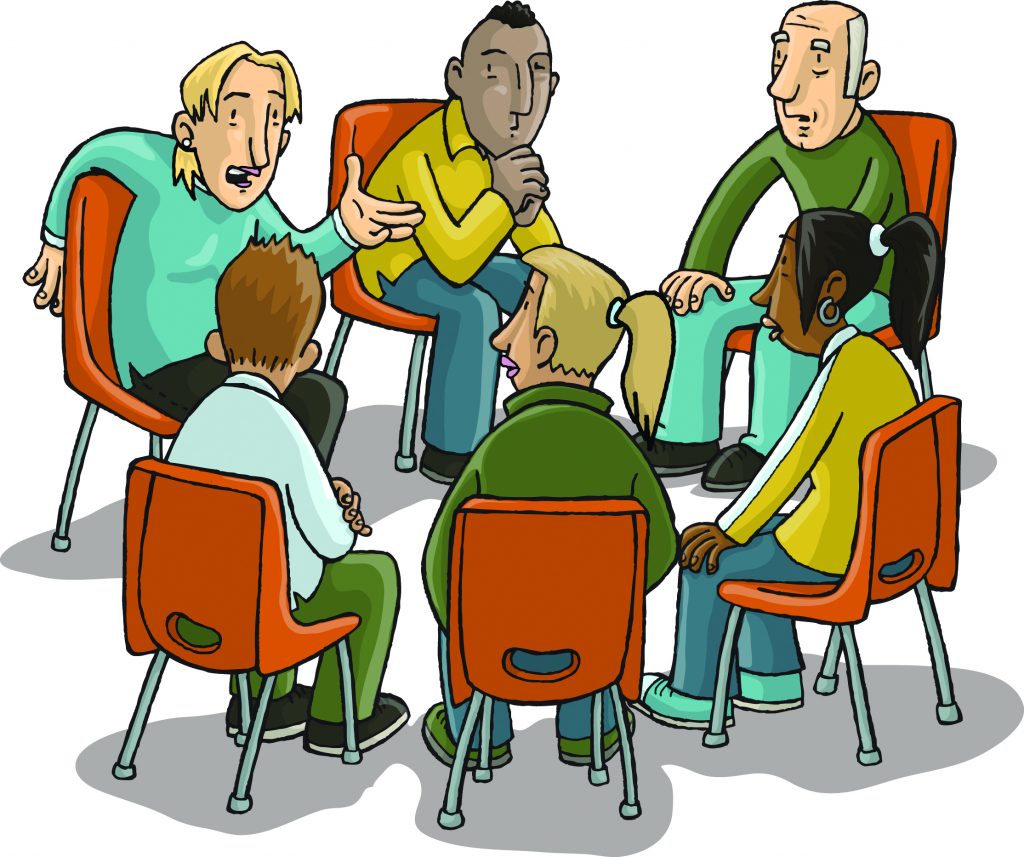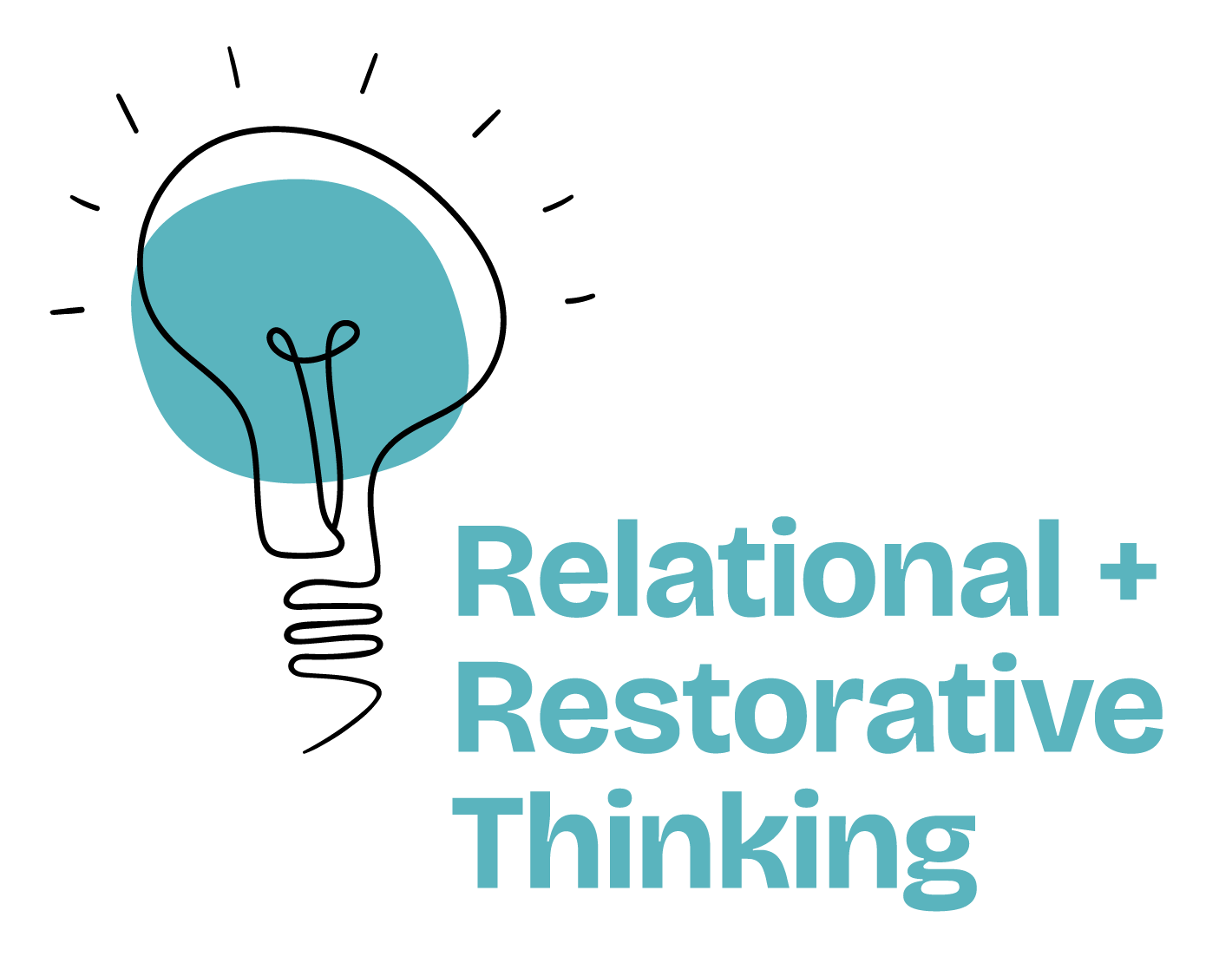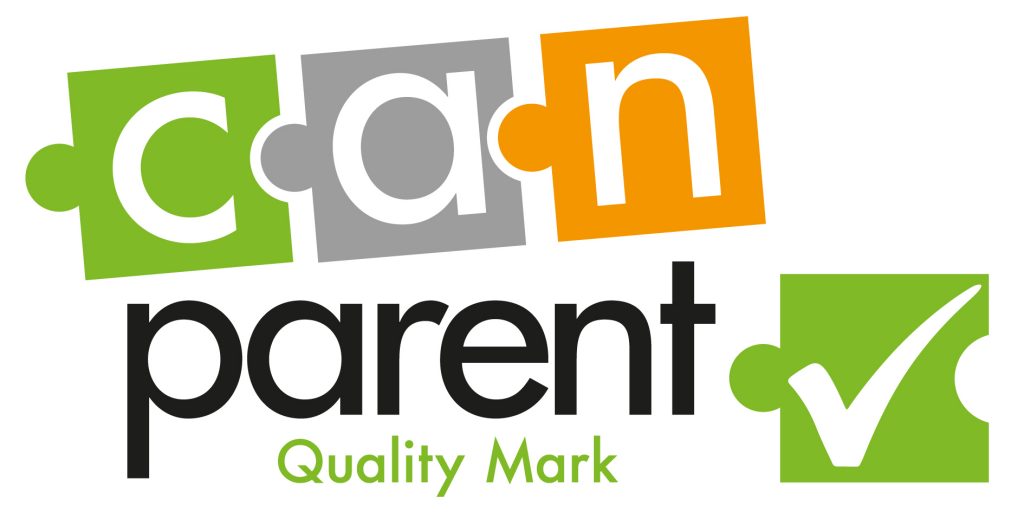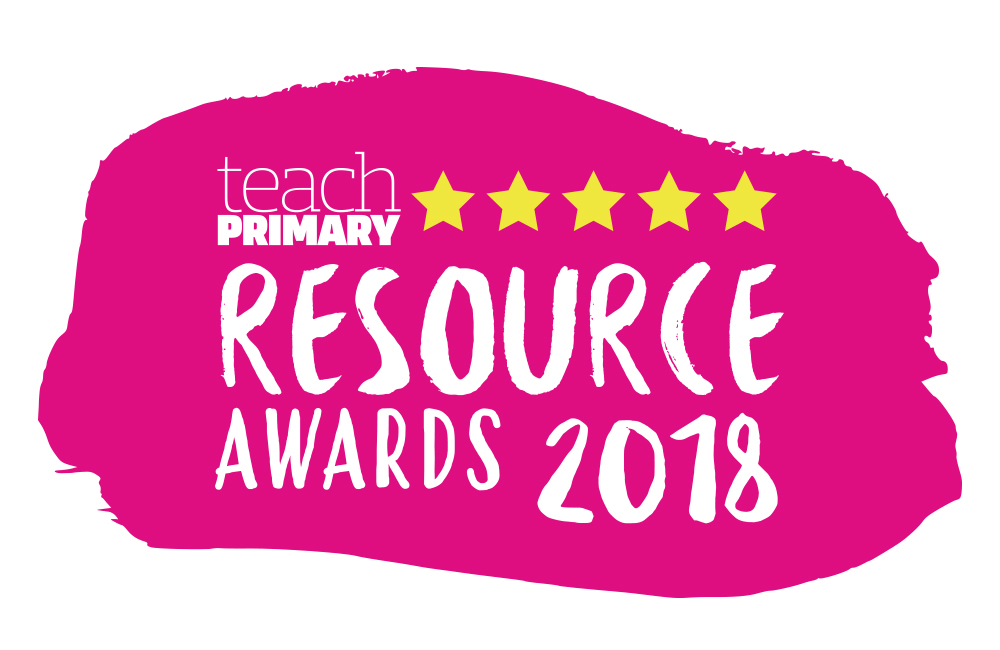Blended learning options to foster relational and restorative practice.
“Relationships built through restorative practice are the oxygen people and communities need to survive and thrive…” (Dr Jim Longo, Washington and Jefferson College)
Relational and Restorative Practice
Relational and restorative practice is a workplace and lifestyle philosophy for establishing, building and maintaining positive relationships, addressing and resolving confrontation and conflict and repairing harm.
It’s an evolving social science that presents a set of theories, principles, processes and skills that help people to work together better.
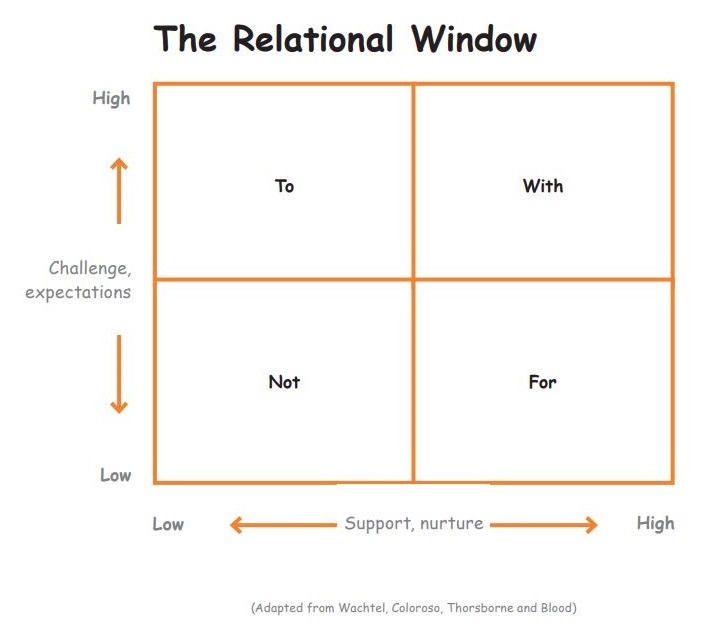
In the workplace, relational and restorative practice requires everyone to really consider their part in creating healthy, open, inclusive cultures. Learning how to better work ‘with’ colleagues, patients and families, rather than doing things ‘to’ or ‘for’ others guides our thinking, saying and doing.
Starting with individual and collective strengths, we become more purposeful, deliberate and confident to have conversations that are challenging, hold each other to account, problem-solve and plan effectively together.
"A course that allows you to become consciously aware of your own actions, language and behaviours, and those of people around you."
PharmacistNHS Trust
"Restorative enquiry can be used more by myself in individual supervisions and in relationship exploration and repair between carers and children in addition to professional relationships."
Team LeaderFostering Support Service
“Reinforced my 'WITH' practice while having a greater appreciation of dipping in and out of the 'TO' and 'FOR' windows."
Social WorkerBirmingham Children's Services
"I will definitely be using the resources and practice to enhance my leadership and support for my team."
MatronTheatres
"It’s showed me that there is always a reason for my child’s behaviour and this is a form of communication and as a parent I’m not making a mess of it and there is always room for improvement."
Parenting Programme AttendeeHMP Risley
The Roots of Relational and Restorative Practice
Relational and restorative practice has its roots in indigenous communities, predating modern western adoption and adaptation. These practices are built on indigenous principles: building community, repairing harm, and maintaining and repairing relationships through processes (circles and equality of voice, restorative enquiry) and principles (the relational window, fair process).
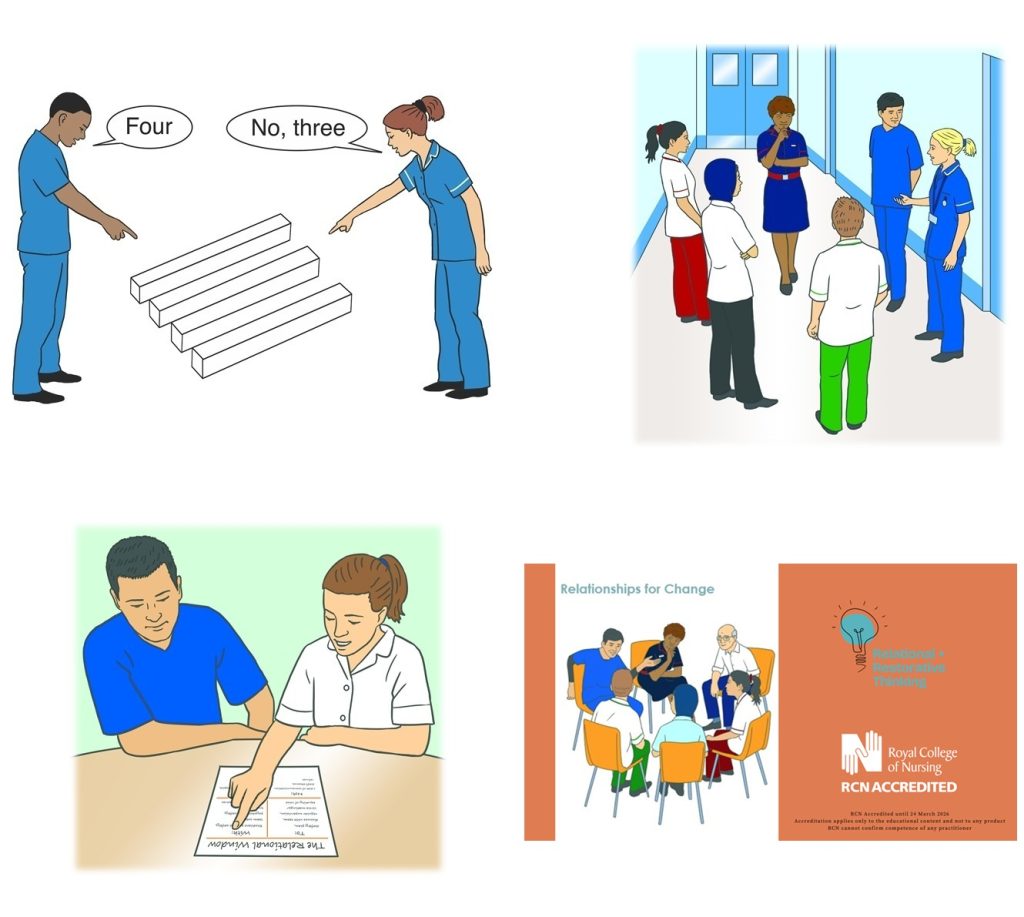
Relational and restorative practice is a workplace and lifestyle philosophy, adopted by our Schools, Children’s and Adult Services, emerging in Prisons and Probation Services and the NHS, underpinned by a host of behavioural sciences, psychologies and therapies (CBT, DBT).
Behaviour Contagion
This video shows the New York Red Bulls players giving their coats to mascots during heavy rain in March 2024. It’s a great example of ‘behaviour contagion’, and demonstrates really well what happens when we are the first to adopt relational and restorative practice; model it at every opportunity, and watch it catch on!
Our Collaborations
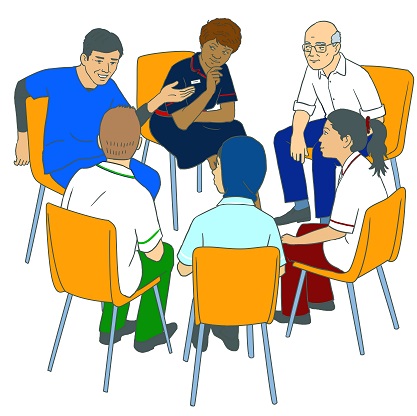
Health and Social Care, NHS Trusts
Improve day-to-day communications and conversations to foster more effective working relationships.
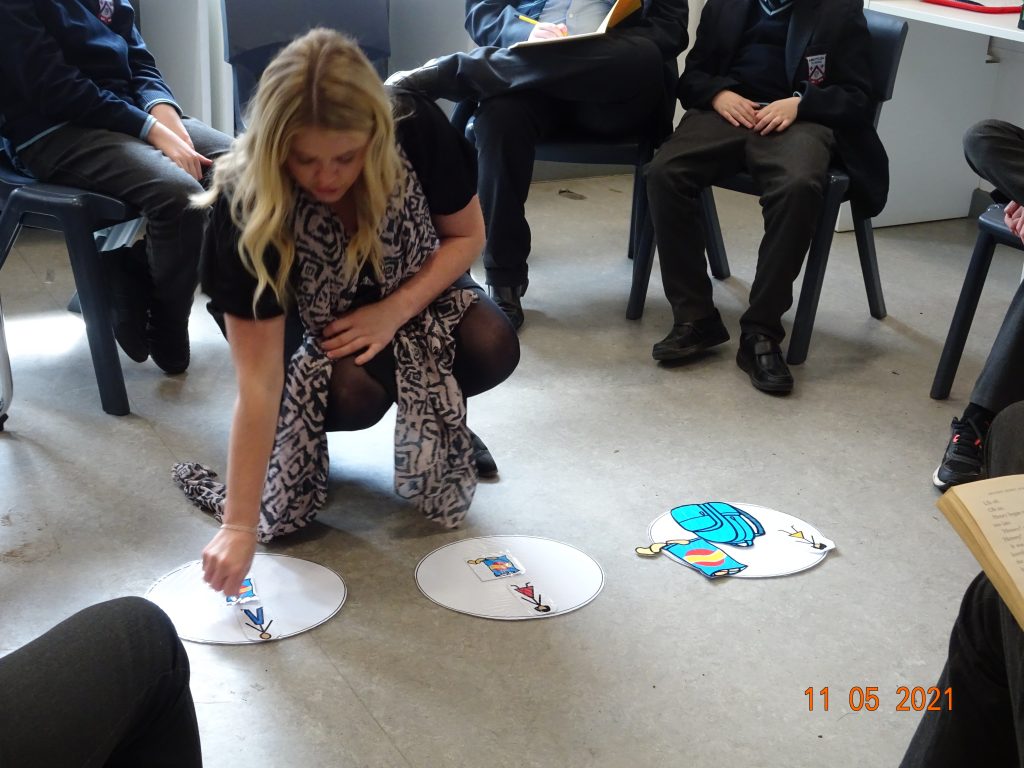
Schools
Relational and restorative practice enables schools to bring different and sustainable solutions to long-standing pinch points, including attendance, attainment, exclusions, bullying.
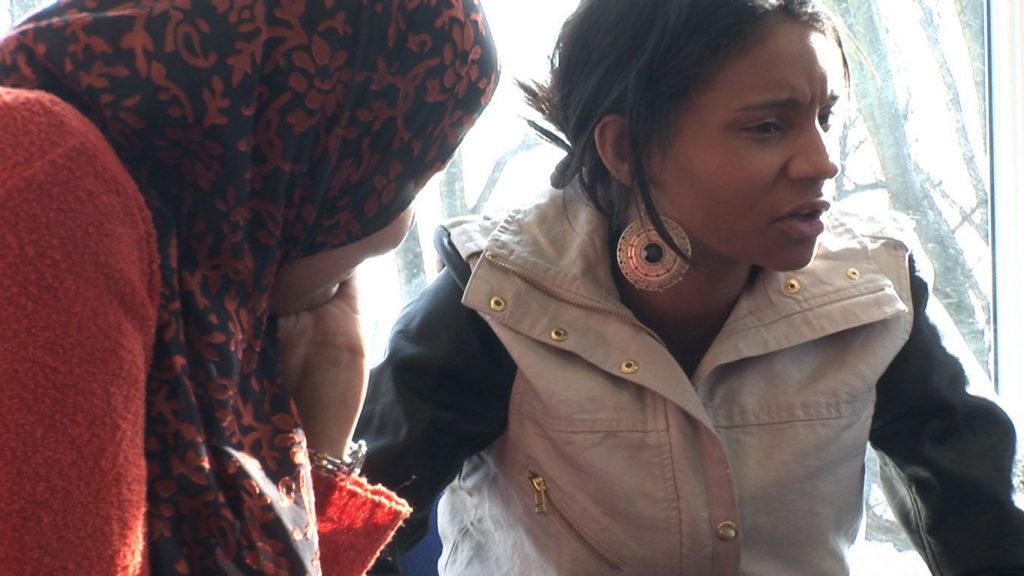
Parents and Carers
Learn about your child’s developing brain and behaviour, alongside alternative ways to respond to challenging behaviour. Teach your child/ren key relationship skills for life.

Criminal Justice Settings
Reduce offending and re-offending rates and foster behaviour change by growing inclusive residential environments and relationship skills.
Get in Touch
We’d love to hear from you and to start a conversation.
